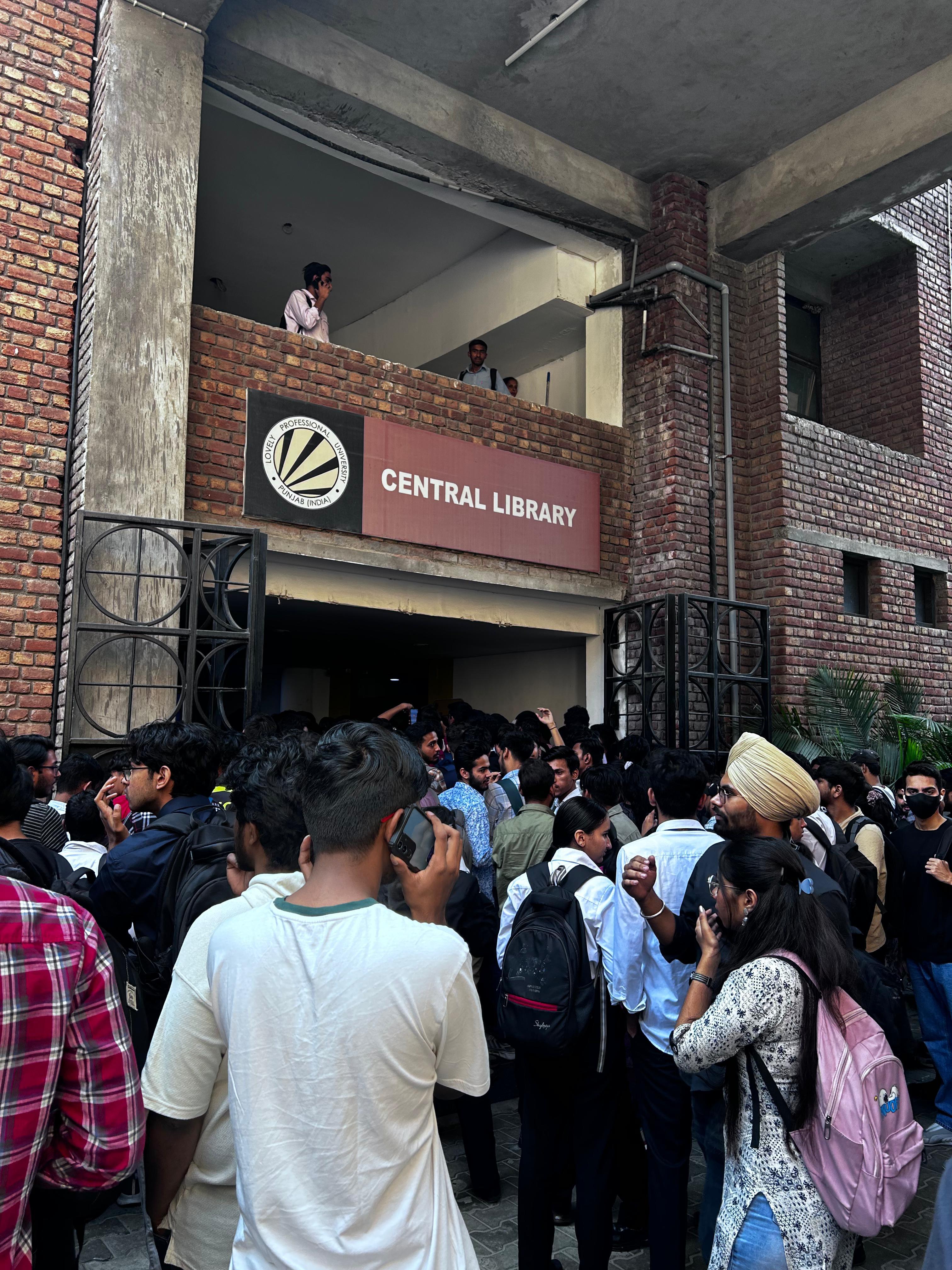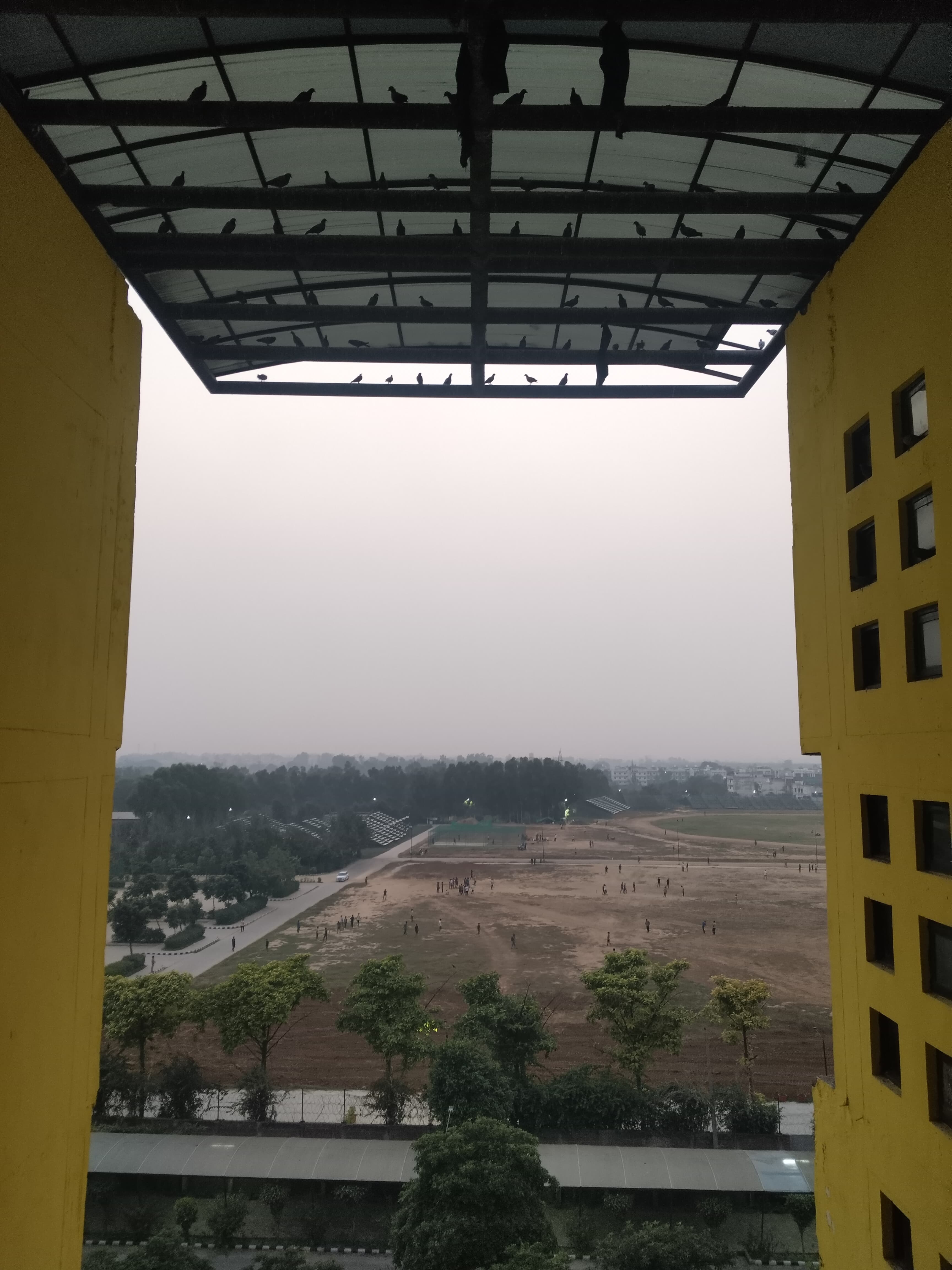Lovely Professional University (LPU) offers a BSc in Agriculture, accredited by ICAR and highly regarded for its comprehensive curriculum. Admission requires the LPUNEST entrance exam, which also determines scholarship eligibility, with reductions up to 50%. The admission fee is 10,000 INR, and students need 60% in their 12th grade to qualify. The course fees are around 98,000 INR per semester, with scholarships available to reduce costs. Hostel fees range from 50,000 to 1.5 lakh INR.
Scholarships are based on LPUNEST, 12th-grade marks, or national exams, with benefits ranging from 10% to 100%. LPU's faculty is well-qualified, with a favorable student-to-teacher ratio, offering personalized mentoring. The university is noted for its strong placement record, with over 500 recruiters annually, including top companies like Amazon and Microsoft. About 90-95% of BSc Agriculture students secure placements, with salary packages between 5-6 LPA on average, and some reaching up to 1 crore.
LPU also provides extensive placement training and internships. The university facilitates educational loans and offers concessions for various categories, making education accessible.

![Lovely Professional University - [LPU]](https://image-static.collegedunia.com/public/college_data/images/appImage/1705314883unnamed.jpg?h=240&w=1000&mode=crop)
![Lovely Professional University - [LPU]](https://image-static.collegedunia.com/public/college_data/images/logos/1744630559Screenshot20250414at16.47.48.png?h=71.7&w=71.7&mode=stretch)


























![Dr BR Ambedkar National Institute of Technology - [NIT]](https://image-static.collegedunia.com/public/college_data/images/appImage/25781_NITJ_New.jpg?h=111.44&w=263&mode=stretch)

![DAV Institute of Engineering and Technology - [DAVIET]](https://image-static.collegedunia.com/public/college_data/images/appImage/13288_DAVIET_New.jpg?h=111.44&w=263&mode=stretch)

![I.K. Gujral Punjab Technical University - [IKG-PTU]](https://image-static.collegedunia.com/public/college_data/images/appImage/1740595960IMG20220724090341.jpg?h=111.44&w=263&mode=stretch)

![Apeejay Institute of Management & Engineering Technical Campus -[AIMETC]](https://image-static.collegedunia.com/public/college_data/images/appImage/1621847455Screenshot14.png?h=111.44&w=263&mode=stretch)



![Lyallpur Khalsa College of Engineering - [LKCE]](https://image-static.collegedunia.com/public/college_data/images/appImage/1487230860ammmmmmmmmmmmmmmmmmmmmmmmm.jpg?h=111.44&w=263&mode=stretch)













![Lovely Professional University Distance Education - [LPUDE]](https://image-static.collegedunia.com/public/college_data/images/logos/15577242161545129260LPUseal.jpg?h=72&w=72&mode=stretch)





 - 2024-10-30T120826.077.jpeg?h=72&w=72&mode=stretch)



![Vellore Institute of Technology - [VIT University]](https://image-static.collegedunia.com/public/college_data/images/logos/1604923303Logo.jpg?h=72&w=72&mode=stretch)


![Noida Institute of Engineering and Technology - [NIET]](https://image-static.collegedunia.com/public/college_data/images/logos/1741350549images2.png?h=72&w=72&mode=stretch)
![Galgotias University - [GU]](https://image-static.collegedunia.com/public/college_data/images/logos/1593772670logo.jpg?h=72&w=72&mode=stretch)
![Chandigarh University - [CU]](https://image-static.collegedunia.com/public/college_data/images/logos/1613996461logo1.jpg?h=72&w=72&mode=stretch)
![Thapar Institute of Engineering and Technology - [Thapar University]](https://image-static.collegedunia.com/public/college_data/images/logos/15900570111590056771Newlogotu.png?h=72&w=72&mode=stretch)

![Chitkara University - [CU]](https://image-static.collegedunia.com/public/college_data/images/logos/1594118848chitkarauniversitylogo.png?h=72&w=72&mode=stretch)


![University of Petroleum and Energy Studies - [UPES]](https://image-static.collegedunia.com/public/college_data/images/logos/1727683677Screenshot3092024133632www.upes.ac.in.jpeg.jpg?h=72&w=72&mode=stretch)







Comments